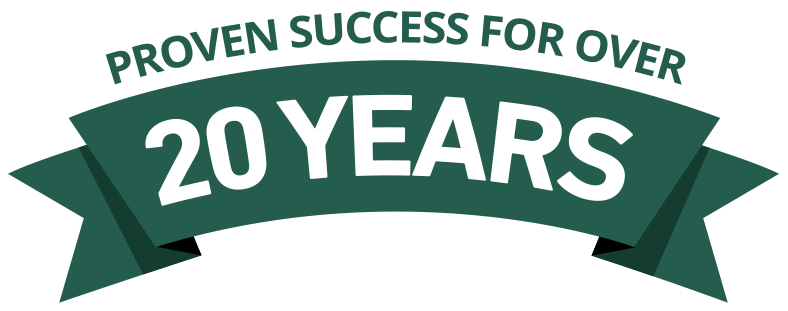Overcoming Stigmas: Addressing the Affordability Crisis in Housing
The United States is grappling with an affordability crisis in housing, exacerbated by stigmas surrounding old mobile homes. Despite being cost-effective and customizable, manufactured homes, also known as modular or mobile homes, face negative perceptions that hinder their widespread adoption.
advertisement
The Stigma Surrounding Manufactured Homes
You’re probably aware of the prevailing stigma if you’re a real estate agent. When presented with the option of a manufactured home, clients are typically quick to decline, even though it could be a more affordable and more comfortable fit. Thus, there is a need to challenge misconceptions and educate the public about the benefits of these homes.
Manufactured homes offer a viable solution to the affordability crisis. Built off-site in a factory over a few months, they come with significant cost savings compared to traditional stick-built houses. Moreover, their customizable nature allows for tailored designs to meet the specific needs of families.
These homes adhere to strict HUD (U.S. Department of Housing and Urban Development) standards, ensuring rigorous quality and safety requirements from construction materials to structural integrity. This guarantees homeowners confidence in the durability and reliability of their homes.
advertisement
Manufactured housing even surpasses traditional housing in several aspects. They offer energy efficiency and sustainability benefits, often incorporating eco-friendly features in modern models. Additionally, manufactured housing communities foster strong camaraderie and support among residents, creating a tight-knit community atmosphere.
Breaking Down Barriers: Zoning Laws and Regulations
Efforts are underway to challenge zoning laws that restrict the placement of manufactured homes on single-family lots. These initiatives aim to provide more affordable housing options and increase housing stock. However, opposition from certain groups, citing concerns about aesthetics and regulatory power, complicates these efforts.
National and local policymakers are advocating for changes to zoning laws to facilitate the integration of manufactured homes into communities. Despite challenges and opposition, there is a growing recognition of the need to address housing affordability through innovative solutions.
Meeting the Demand for Affordable Housing
Modular homes offer a promising solution, with projections indicating a need for thousands of additional housing units by 2030. Built in controlled environments with rigorous engineering standards, they may offer higher quality than traditional construction methods.
advertisement
As policymakers and advocates work to overcome stigmas and regulatory barriers, manufactured homes represent a promising avenue for addressing housing affordability issues across the United States. By challenging misconceptions and promoting inclusive zoning policies, communities can embrace these homes as a viable solution to the affordability crisis.
advertisement
advertisement


